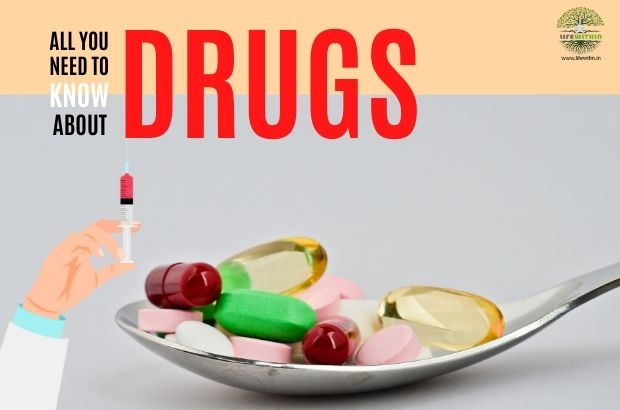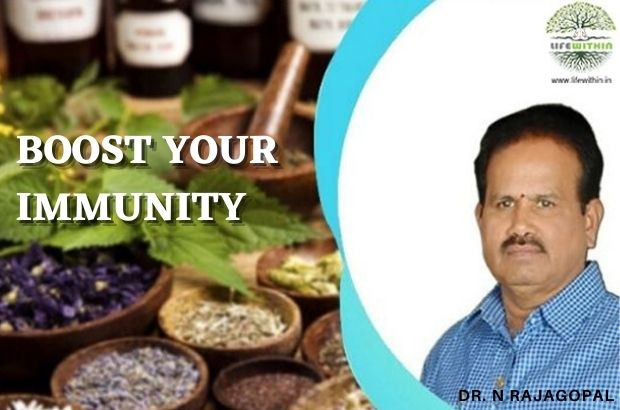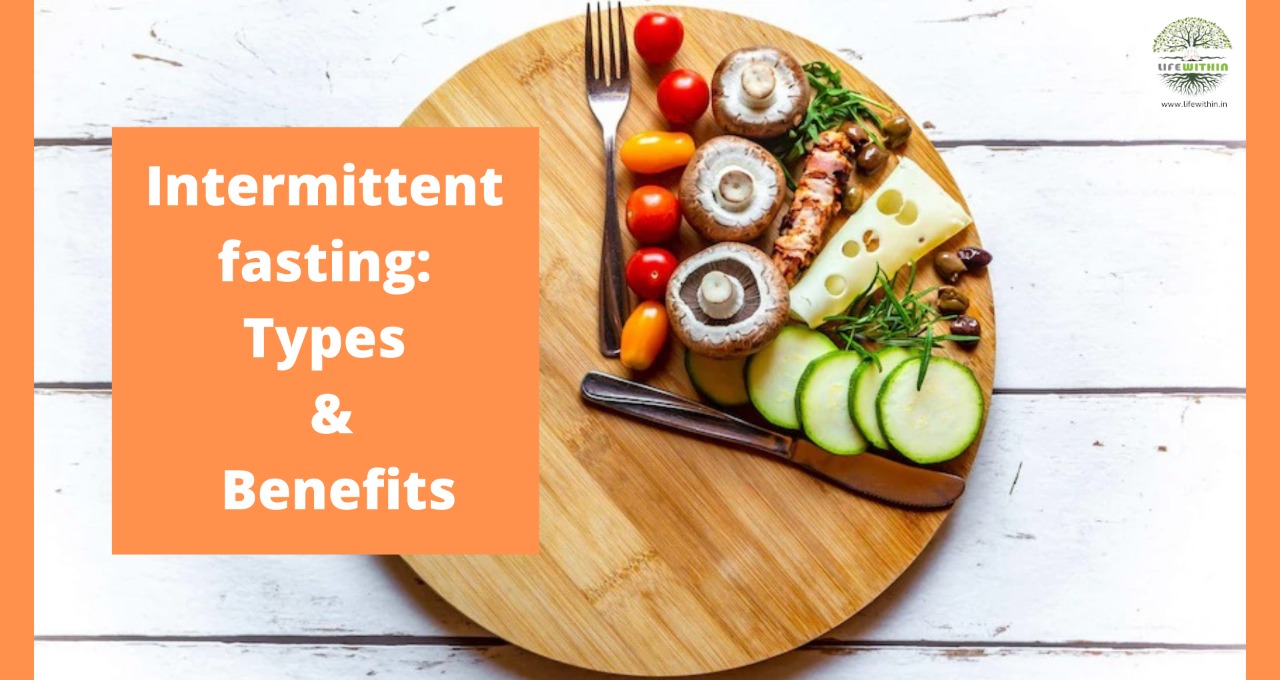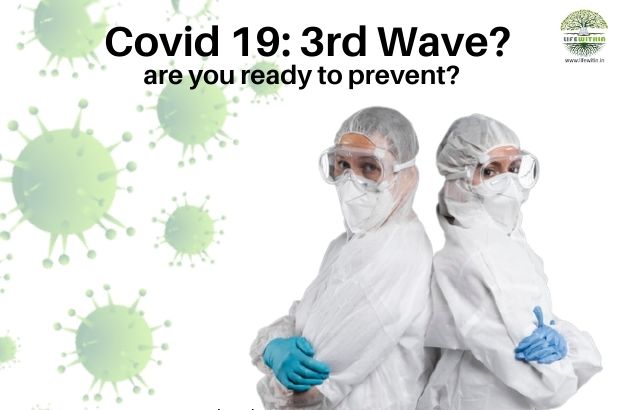All You Need To Know About Drugs | Life Within
Drug is a substance which has a physiological effect when introduced into the body. Consumption of a drug can be via inh...
- by Life Within Editor
- Oct 21, 2021
- 1192 views

Know About DRUGS:
Drug is a substance which has a
physiological effect when introduced into the body. Consumption of a drug can
be via inhalation, smoking,
injection, ingestion, or dissolution under the tongue.
Types of Drugs:
According to the national institutes of Health, drugs are mainly classified
into four categories:
1) Depressants: Depressant drugs reduce
arousal and stimulation. They do not cause depression,
as the name might suggest. But they affect the central nervous system, slowing
down the messages between the brain and the body.
They can affect
concentration and coordination. They slow down a person’s ability to respond to
unexpected situations. In small doses they can cause a person to feel more
relaxed but in larger doses, they can even lead to death.
Effects:
Depressants affect everyone differently, depending on the amount taken, the
health of the recipient and type of the drug. Some depressants may start
affecting instantly, with long lasting effects, while the others may take
longer for the effects to show with momentarily existing effects. Generally,
small doses of depressants lead to the following effects:
1) Reduced inhibitions
2) Enhanced mood
3) Reduced anxiety
4) Impaired judgement
5) Slowed breathing
Higher doses of depressants can result in:
1) Vomiting
2) Irregular breathing
3) Blackouts
4) Memory loss
5) Death
2) Stimulants: These drugs speed up the messages between the brain and
the body, hence make you feel more energetic, awake and confident. However,
over dosing can lead to anxiety, panic, seizures, headaches, stomach cramps and
paranoia. Stimulants include caffeine, nicotine, and cocaine.
Effects: For lower doses, the effects are as following-
1) Euphoria
2) Reduced appetite
3) Talkativeness
4) Increased alertness
For larger doses, the effects are as following-
1) Anxiety
2) Seizures
3) High body temperature
4) Coma
5) Death
3) Opioids: Opioids are a class of pain-relieving drugs. They travel
through your blood and attach to opioid receptors in your brain cells, which
muffle your perception of pain and boost the feelings of pleasure.
Effects: At lower doses, one may experience the following effects-
1) Euphoria
2) Drowsiness
3) Slowed breathing
At higher doses, one may experience-
1) Confusion
2) Constipation
3) Nausea
4) Hallucinogens: Hallucinogens are a class of drugs that can alter a
person’s awareness of their surroundings as well as their own thoughts and
feelings. They are commonly divided into two categories: a) classic
hallucinogens and b) dissociative drugs. Both of these can cause hallucinations
(apparent perception of something that is not present). Additionally,
dissociative drugs can cause users to feel out of control or disconnected from
reality.
Effects: Along with hallucination, lower doses can cause the following effects-
1) Loss of appetite
2) Dry mouth
3) Spiritual experiences
4) Feelings of relaxation
5) Excessive sweating
Higher doses can cause the following long-term effects-
1) Memory loss
2) Panic and anxiety
3) Mood swings
4) Troubled breathing
5) Seizures
6) Psychotic symptoms
What is Drug
Addiction?
Drug Addiction
is defined as a chronic, relapsing disorder characterized by compulsive drug
seeking and use, despite adverse consequences. The first time you use drugs, it
may be out of choice but repeated use can lead to alterations in your brain,
resulting in decreasing self-control, making it hard for you to resist the urge
of taking drugs.
These brain
alterations can be hard to reverse or can even be permanent. Even after years
of abstinence from a substance, these changes can lead to an increased desire
to use a substance, leading to a ‘relapse’.
The likelihood
of developing an addiction differs person to person, and no single factor can
determine whether a person will be addicted to drugs or not. However, research
shows that a general set of factors that can strongly influence addiction. Some
of these factors are mentioned as follows-
1) Home Environment: Children
raised in homes where traumatic events such as domestic
violence, emotional
or sexual abuse, divorce, neglect, mental illness or substance abuse took place
re more prone of drug addiction. A study revealed that “opiate users were 2.7
times more likely to have a history of childhood sexual and/or physical abuse
than non- opiate users.
Parenting style
or inadequate parenting also has a strong influence on risk factors for
addiction. Children raised by overly- strict parents showing no affection or by
overly- permissive and neglectful parents are more likely to use drugs under
peer pressure.
2) Social Environment: Social wellness
affects our physical as well as mental wellness to a great extent. As a
result, the behavior of those in our social circles can shape our own behavior.
If the people you regularly see encourage the use of alcohol and drugs and mock
others who abstain from this behavior,
you are more likely to fall a prey to peer pressure.
If you decide to stop drinking or using drugs, it is advised to change your
social environment. Support and respect from your friends and close ones are
often the key to long- term abstinence.
3) Early Use: Although taking drugs at any age can lead to
addiction, research shows that the earlier people begin to use drugs, the more
likely they are to get addicted. This may be due to the harmful effect that
drugs can have on the developing brain.
Due to
unawareness of safe drug practices, children often smoke a substance or
directly inject it into a vein, which increases its addictive potential.
Drug Addiction vs Drug
Abuse
The two terms
are often used interchangeably, but have a slight difference in their meanings.
Addiction describes the compulsive seeking of that drug; however, the latter
refers to the usage of a substance in a harmful way.
Substance abuse
may not always lead to addiction. You may abuse a substance for a long time
without developing an addiction for it. But with highly addictive drugs (such
as heroin), drug abuse can lead to an addiction after using it only for a few
times.
People start
using drugs for a lot of different reasons. Many turn to substance in order to
cope with mental
health issues such as depression,
anxiety or PTSD (post-traumatic stress disorder), while the others resort to
drugs as a way to change how they feel, to fit in or to simply alleviate
boredom.
Starting a
conversation with someone about their addiction is never easy, but it’s
important that you come from a place of compassion and understanding.
Discovering someone close to you has a drug problem can generate feelings of
shock, fear, and anger, which can make communicating with them even more
difficult. But, in any case avoid trying to lecture, bribe or punish them and
offer your support without being judgmental, after all no one sets out to
become a drug addict!
By Chanchal
| Life Within
















